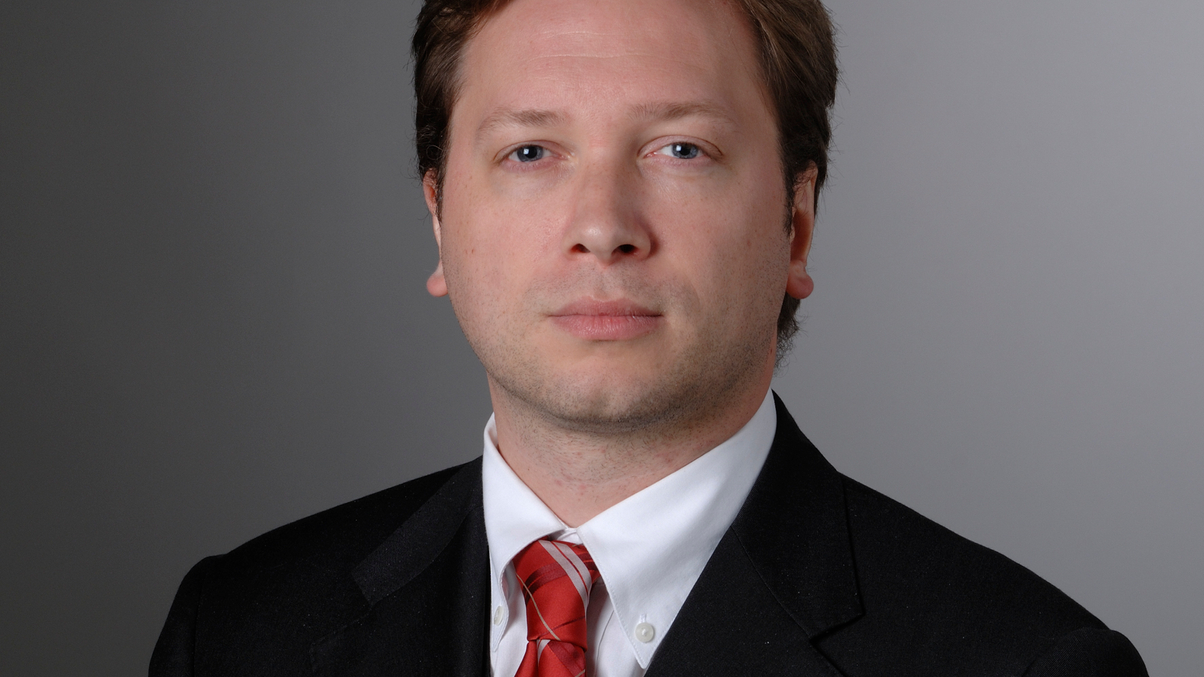CTA, macro strategies tipped to reverse
CTA strategies benefited from long bond positions in 2014, while macro strategies suffered from short ones. But stronger currency moves will benefit the latter strategies in 2015, argues Nicolas Rousselet.

While CTA strategies performed well this year and macro funds lagged, there may be a reversal in their fortunes in 2015, argues Nicolas Rousselet, head of hedge funds at Swiss asset manager Unigestion.
Sign in to read on!
Registered users get 2 free articles in 30 days.
Subscribers have full unlimited access to AsianInvestor
Not signed up? New users get 2 free articles per month, plus a 7-day unlimited free trial.
¬ Haymarket Media Limited. All rights reserved.


